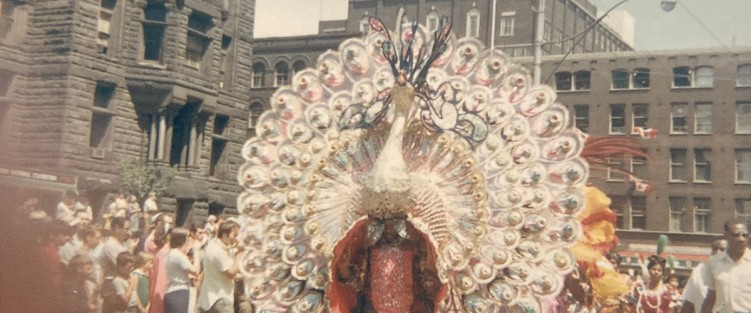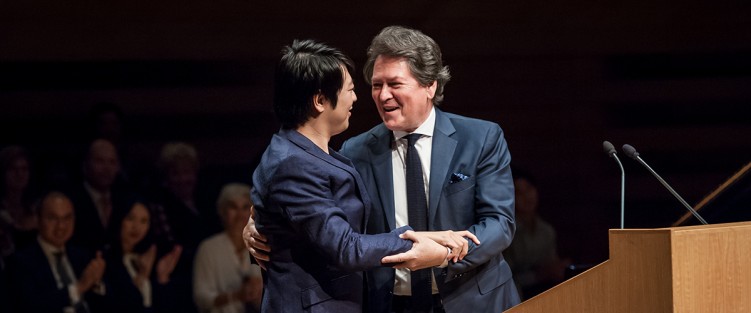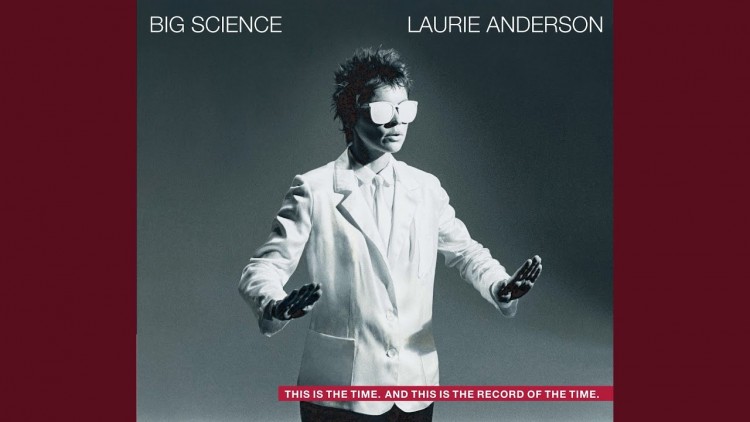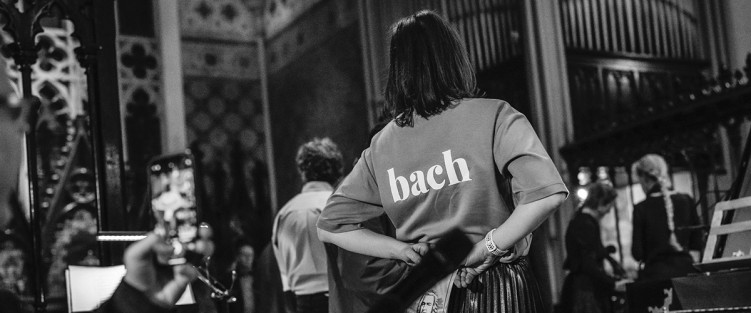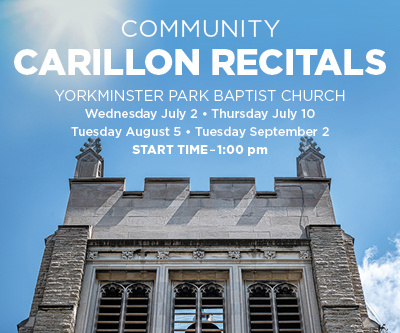Fifty Years of Frog Bog Soundwalk - Soothing Whispers of Nature: Sounding Ontario Spring Wetlands
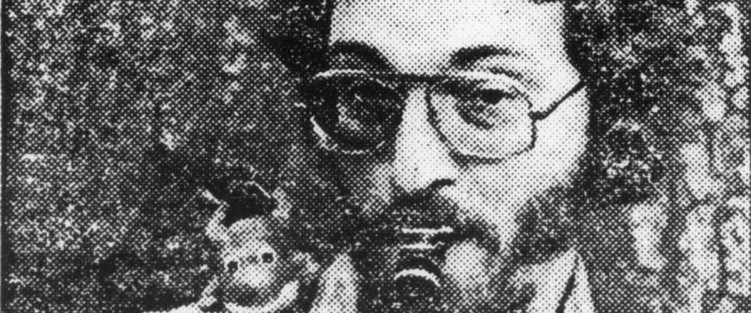 Beginning in the early 1970s I began a series of nature sound-walks, field expeditions, interspecies sonic meditations, explorations and mediated threshold music performances. They eventually coalesced under the banner “Frog Bog.” Its novelty attracted media attention back then. I took musicians on Frog Bog sound fieldwalks, and played my field recordings in concert halls in music and modern dance settings. Excerpts found their way onto albums, like the 1981 Jon Hassell and Brian Eno track These Times.
Beginning in the early 1970s I began a series of nature sound-walks, field expeditions, interspecies sonic meditations, explorations and mediated threshold music performances. They eventually coalesced under the banner “Frog Bog.” Its novelty attracted media attention back then. I took musicians on Frog Bog sound fieldwalks, and played my field recordings in concert halls in music and modern dance settings. Excerpts found their way onto albums, like the 1981 Jon Hassell and Brian Eno track These Times.


